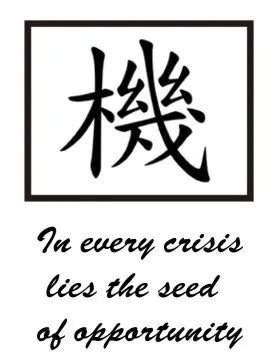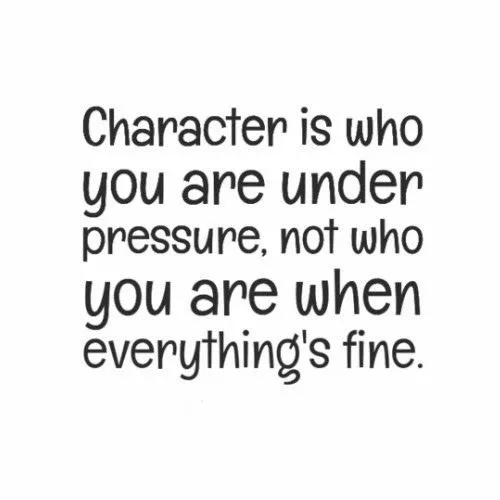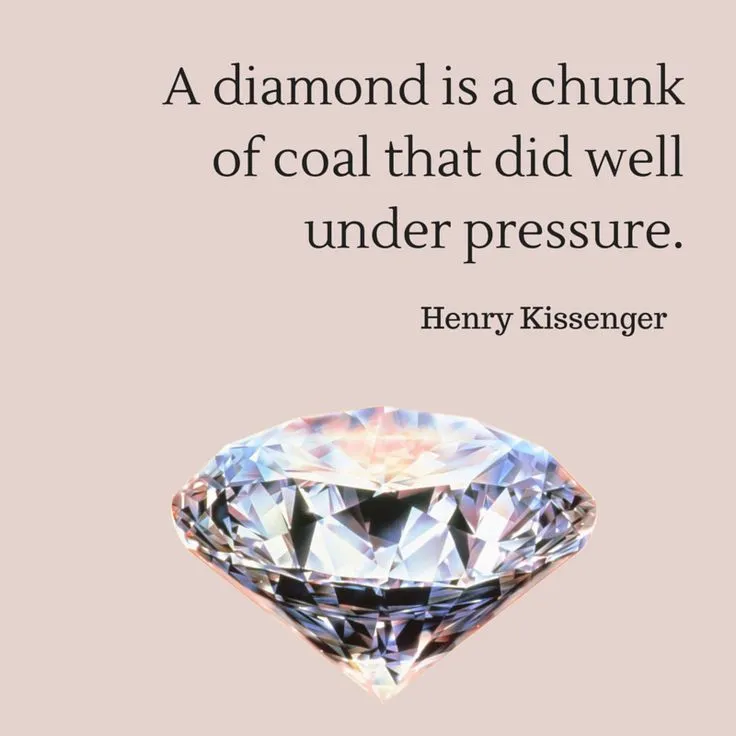Psycho-Cybernetics: Part 6
For those of you who are new to my blog, I have a series called "Psycho-Cybernetics" that takes excerpts from and summarizes some of the chapters in this book. Why I started this series? 1.) the book is amazingly logical and helped me to better myself and my life // 2.) I am generally very interested in human psychology and "the self" and the power of the mind // 3.) I love sharing with others what I find useful myself and // 4.) Not everyone reads books on a regular basis, and for those who do, these articles might inspire one or the other person to get it and have it change their lives for the better. The previous episode of my Psycho-Cybernetics blog-series was about utilizing the power of deep desire. If you haven't read the previous episode, you can click <<here>> Now let's continue..

THE SCIENCE OF CYBERNETICS
Psycho- Cybernetics, Maxwell Maltz

The science of Cybernetics does not tell us that "man" is a machine but that man has and uses a machine. Moreover, it tells us how that machine functions and how it can be used.
Even though it grew out of the work of physicists and mathematicians rather than that of psychologists, the new science of cybernetics made an important breakthrough in psychology possible.
I hope you enjoy this episode's excerpt:
Ep.6 - Turning a Crisis into a Creative Opportunity
There are different types of people. Those who perform best when no one watches and those who shine under pressure.

I KNOW a young golfer who holds the all-time course record for his home course, yet has never even placed in a really big tournament. When playing by himself, or with friends, or in small tournaments where the stakes are low, his play is flawless. Yet, each time he gets into a big tournament his game deteriorates. In the language of golfdom, "the pressure gets him." Many baseball pitchers have pinpoint control until they find themselves in a situation where "the chips are down." Then they "choke up," lose all control, and appear to have no ability whatever.
On the other hand, many athletes perform better under pressure. The situation itself seems to give them more strength, more power, more finesse.
Another example: One salesman may find himself inarticulate in the presence of an important prospect. His skills desert him. Another salesman under the same circumstances may "sell over his head." The challenge of the situation brings out abilities he does not ordinarily possess.
The Secret of the Money Player
The difference between all these persons is not some inherent quality that one has and the other hasn't. It is largely a matter of how they learned to react to crisis situations. A "crisis" is a situation which can either make you or break you. If you react properly to the situation, a "crisis" can give you strength, power, wisdom you do not ordinarily possess. If you react improperly, a crisis can rob you of the skill, control, and ability that you ordinarily have to call upon.
The so-called "money player" in sports, in business, or in social activities—the person who comes through in the clutch—who performs better under the stimulus of challenge, is invariably the person who has learned either consciously or unconsciously to react well to crisis situations.

For me it depends a lot on the situation. I think we all know that feeling when you try something and it works, and when you try demonstrating it in front of people, it all of a sudden doesn't work. The famous "demonstration effect". The same goes for me when it comes to speaking in front of an audience. For some reason I can formulate and perform in front of a small audience a million times better than a large crowd. BUT I am working on getting passed those barriers I have in my mind and this chapter has helped me a lot.. with realizing once again that everything starts and ends with the mind. I am trying to keep my posts shorter, so if you are interested in more than just the three main points let me know!

Let's strive to become diamonds!
According to Psycho-Cybernetics, in order to perform well in a crisis we need to:
(1) learn certain skills under conditions where we will not be overmotivated; we need to practice without pressure.
(2) We need to learn to react to crisis with an aggressive, rather than a defensive attitude; to respond to the challenge in the situation, rather than to the menace; to keep our positive goal in mind.
(3) We need to learn to evaluate so called "crisis" situations in their true perspective; to not make mountains out of molehills, or react as if every small challenge were a matter of life or death.
If you are interested in the breaking-down of the three points, you have two options: 1.) read the book (and comment below) or 2.) comment below if you would like me to elaborate on them in another post (and still read the book).
So either way, let me know what you think!
Question OTD: Do you perform better without or with pressure?
Much love,
- Mrs.Steemit